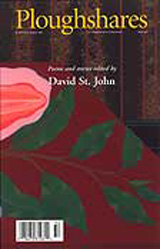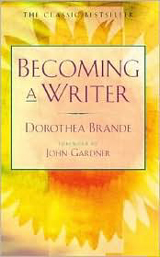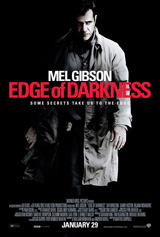I—how shall I put this?—disagreed with my first editor at Bx about many, many things. There was a heated discussion, for example, on what one should buy one’s wife at Victoria’s Secret, the details of which are fuzzy to me today but I’m sure he still recalls pristinely.
Also never resolved between us was a certain very specific application of the comma, his explanation for which never satisfied me yet I dutifully adhered to because when you’re the boss, you get final say on in-house style. (Before I go any further, I should make clear that I to this day adore this man, who hated above all else to be called the “boss.”)
There’s no shorthand way to describe this particular situation. It has to do with a compound sentence joined by a comma and a conjunction in which the second independent clause is preceded by a dependent clause or introductory phrase that must be set off by a comma:
I may be living paycheck-to-paycheck now, but if I start putting money away, I should be able to retire comfortably.
My, uh, b-word would have me punctuate it like this:
I may be living paycheck-to-paycheck now, but, if I start putting money away, I should be able to retire comfortably.
See the extra comma he’d throw in there?
It just didn’t make sense to me. My feeling was the “but” (or “and” or “or” or whatever) effectively starts a new sentence, and so anything that comes after it should be punctuated as if anything comes before it doesn’t exist.
He would argue that commas work in pairs, like parentheses or em dashes—and that any punctuation style good enough for the New Yorker is good enough for him. To his first point, where, then, is the comma that’s supposed to pair up with the one that precedes “but”? Or tell me where the second comma is in this example:
If I start putting money away, I should be able to retire comfortably.
To his second point, he very well may be right about New Yorker policy. I couldn’t find a concrete example in the copy I’m currently carrying around in my bag, but similar cases indicate the venerable publication adheres to comma-pairing.
However, I feel vindicated to report that several style guides appear to be on my side.
Strunk and White: “Place a comma before a conjunction introducing an independent clause. … If a dependent clause, or an introductory phrase requiring to be set off by a comma, precedes the second independent clause, no commas is needed after the conjunction. The situation is perilous, but if we are prepared to act promptly, there is still one chance of escape.”
Chicago (my style guide of choice): “When two conjunctions appear next to each other (e.g., “and if,” “but if”), they should not be separated by a comma if there would be no pause between them if they were spoken aloud—or, in grammatical terms, if the dependent clause is restrictive in meaning. Burton examined the documents for over an hour, and if Smedley had not intervened, the forgery would have been revealed.”
Finally, most pithily, Lynne Truss in Eats, Shoots & Leaves: “Nowadays the fashion is against grammatical fussiness. A passage peppered with commas—which in the past would have indicated painstaking and authoritative editorial attention—smacks simply of no backbone. People who put in all the commas betray themselves as moral weaklings with empty lives and out-of-date reference books.” (The italics are mine.)
I would delight in working for my former editor again, but since our parting of ways, I do feel liberated from the shackles of unnecessary commas.
References
Chicago Manual of Style, The. 15th ed. Chicago: The University of Chicago Press, 2003.
Strunk Jr., William, and White, E.B. The Elements of Style. 4th ed. New York: Longman, 2000.
Truss, Lynne. Eats, Shoots & Leaves. New York: Gotham Books, 2003.
Caught in the ’Net
Bad grammar makes Dave Barry sic.
I aced this grammar quiz on Poe’s Deadly Daughters: A Blog for Mystery Lovers.







